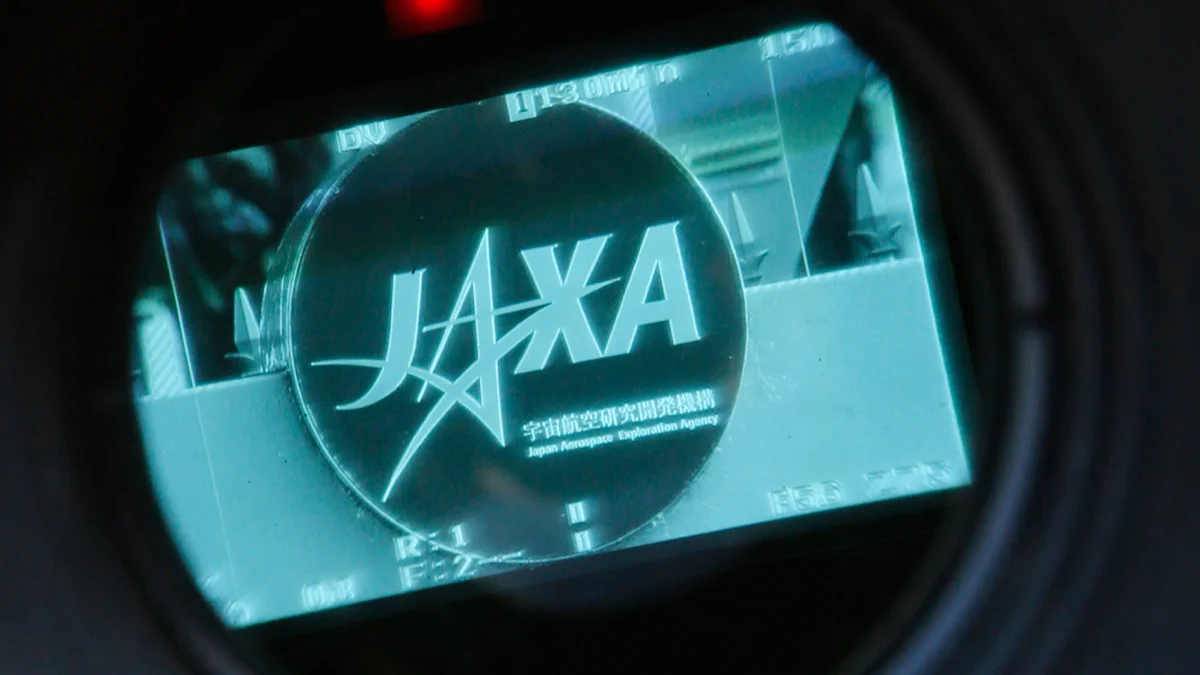Necessary Always Active
Necessary cookies are required to enable the basic features of this site, such as providing secure log-in or adjusting your consent preferences. These cookies do not store any personally identifiable data.
|
||||||
|
||||||
|
||||||
|

The Japanese government has blamed the Chinese hacking group MirrorFace for orchestrating a series of cyberattacks targeting sensitive security and technology data. This accusation has increased the tensions between the two nations over the various cybersecurity issues.
According to U.S. News, on Wednesday, 8th January 2025, the Japanese Government linked 200 cyberattacks in the past 5 years to the Chinese hacking group MirrorFace.
In an official statement, the National Police Agency gave its analysis on the target, methods and infrastructure, connecting the attacks to the Chinese hacking group. In their conclusion, they said that these were systematic attacks on the Japanese National Security to steal data and advanced technology.
The NPA said, “The targets of the Chinese government-led cyberattacks included Japan’s Foreign and Defense ministries, the country’s space agency and individuals including politicians, journalists, private companies and think tanks related to advanced technology.”
This development indicates an evolution in the Japan vs China hacker rivalry. Japan has been vocal about its requisite to strengthen its defense against ultra-modern cyber threats from China and other countries.
MirrorFace, which uses phishing campaigns and malware attacks, has received a number of criticisms for its operations against the Asia-Pacific countries. It does not stray away from what China is planning for strategic breakthroughs in strategic industries.
The U.S. has also put sanctions on China due to multiple cyber-attack attempts. Though China has been protesting against sanctions, but the Nothern American country stands firm on its ground.
Breaches in Japanese cyber security have forced the government to strengthen cyber walls. Such threats are now calling for more investment in better security technologies as well as enhancing cooperation with other countries to address these threats aptly.
The East Asian superpower has heavily invested in the digital framework of its national and economic security to avoid being a target. Japan still portrays the need to step up security measures in the administration, processing, storage, and transmission of sensitive data.
An investigation by the National Police Agency found that MirrorFace sent email with malware on Gmail or Outlook through stolen identities. These emails were sent to organizations and individuals to steal the data they have stored on their computers.
The NPA said, “The emails typically used as subjects key words such as “Japan-U.S. alliance,” “Taiwan Strait,” “Russia-Ukraine war” and “free and open Indo-Pacific,” and included an invitation for a study panel, references and a list of panelists.”
Japan’s decision to publicly blame Chinese hacker group MirrorFace marks a significant step in addressing cybersecurity challenges in the region. As tensions escalate between the two nations, Japan is likely to accelerate its efforts to strengthen cybersecurity and prevent future breaches.